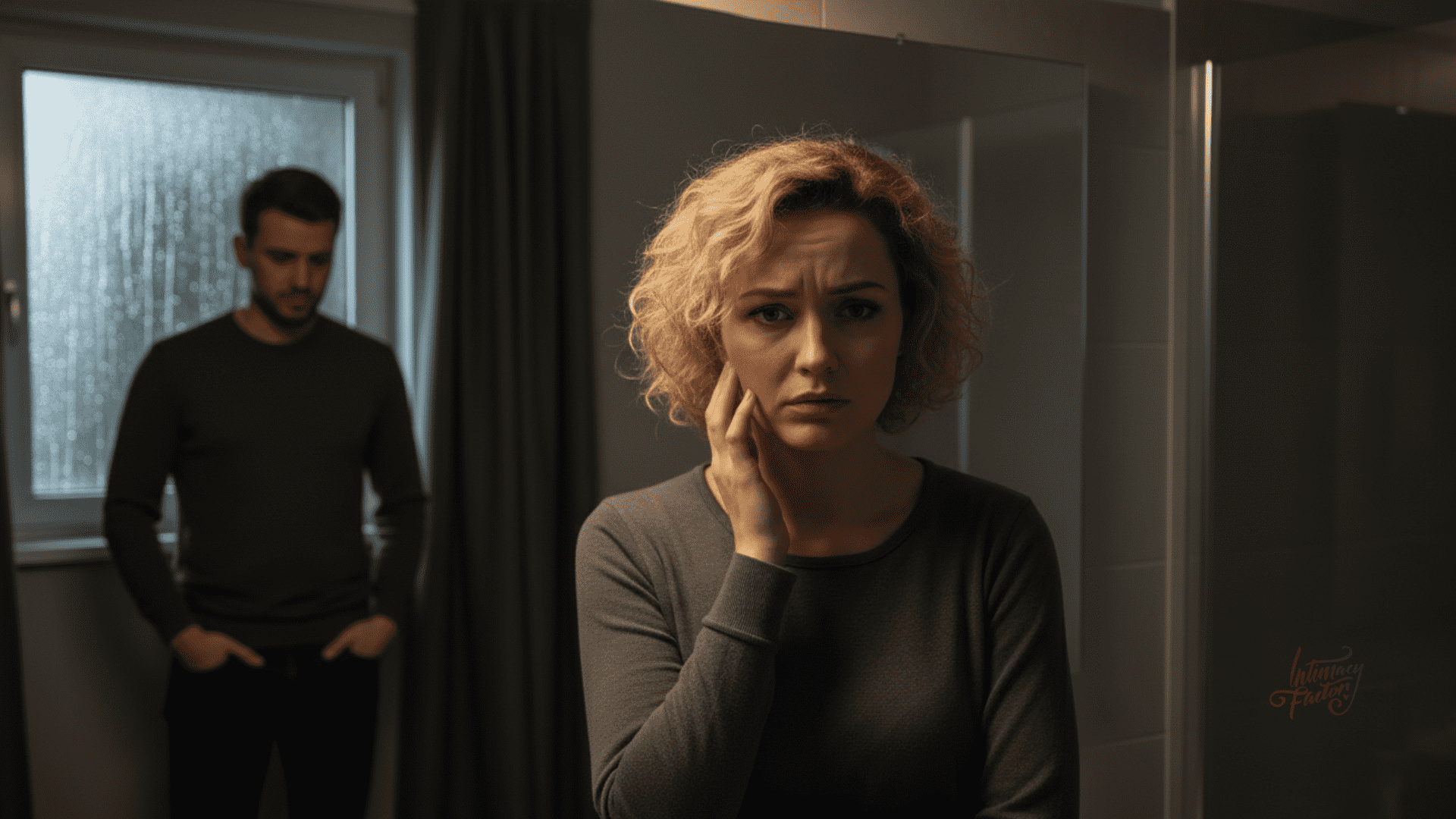The Conditioning Trap: Why You Keep Questioning Yourself in Love

Apologies. Promises. Then the same hurt again.
If you have ever felt yourself spiraling in circles, doubting your own memory, and questioning whether you are too sensitive, too demanding, or just not enough, you are not alone. This is not a weakness. It is not a flaw in you. It is the result of conditioning, an invisible trap that slowly teaches you to second-guess your reality in the name of love.
At first, everything seems normal. Arguments resolve with apologies. Promises follow mistakes. You tell yourself, this is how relationships grow, through conflict and repair. In healthy love, that is true. But when the same behaviors repeat again and again without change, those apologies stop being repair. They become training. A subtle pattern emerges. You learn to expect hurt, accept the apology, and silence your deeper doubts.
Over time, the cycle rewires how you see yourself. You do not just forgive their mistakes, you start to excuse them. You do not just question their behavior, you start questioning your own worth. This is how conditioning works in toxic relationships. It blurs the line between love and pain until you can no longer tell them apart.
The Slow Erosion of Trust in Yourself
Conditioning rarely feels obvious. It is not one explosive moment that makes you lose faith in your instincts. It is the quiet repetition of patterns. A boundary is crossed, then minimized. You react, they say you are overreacting. You hurt, they promise to change. Then the cycle repeats.
Each time, your reality bends a little. You think maybe you are too sensitive. You think maybe you should be more forgiving. Little by little, you stop trusting the voice inside you that says this is not right.
Instead of relying on your intuition, you start depending on their reassurance. You wait for their apologies, their explanations, their promises. You have been conditioned to believe love means enduring confusion until clarity arrives from them.
How Conditioning Feels Like Love
The most dangerous part of this trap is that it does not feel like control. It feels like love. You feel special when they apologize. You feel hopeful when they say they will change. You feel bonded when the tension breaks and you reconcile.
Psychologists call this intermittent reinforcement. It is the same mechanism that keeps gamblers glued to slot machines. You never know when things will be good again, but when they are, the relief feels powerful enough to erase the pain.
The reconciliation becomes proof of love. The apology feels like intimacy. And so you stay, even though the peace never lasts.
Signs You Are Stuck in the Conditioning Trap
You might be in this cycle if you constantly question your memory after arguments, wondering if you misunderstood. You downplay your needs, telling yourself not to be too much. You feel relief after apologies, but you live with the fear that the same hurt is coming back. You struggle to make decisions without their reassurance. You find yourself explaining their behavior to friends and family, even when your heart feels unsettled.
If this feels familiar, it is not because you are weak. It is because you have been taught, over time, that this is what love looks like.
Why It Is So Hard to Break Free
Leaving the conditioning trap is not just about walking away from a relationship. It is about reclaiming the version of you that trusts yourself again.
Breaking free is difficult because conditioning weaves itself into your identity. You do not just doubt your partner, you doubt yourself. Questions like what if I am wrong, or what if I will never find love again, echo louder than your pain.
And because conditioning creates highs and lows, the good moments feel like proof that love is still alive. You hold on, thinking if it feels this good sometimes, it cannot be that bad. But those highs are part of the trap. They keep you tied to someone who continues to confuse and wound you.
Reclaiming Yourself
The first step in breaking this cycle is simple but powerful. Notice it. Naming what is happening takes away its power. When you see the pattern, you begin to understand that the problem is not you. It is the conditioning.
Then, slowly, you rebuild trust in yourself. That might mean writing down events so you cannot be talked out of your own memory. It might mean talking to safe friends who validate your experiences. It might mean setting small boundaries to remind yourself that your voice matters. Often, it simply means paying attention to your body, because your gut knows the truth before your mind catches up.
Most importantly, it means redefining love. Love is not supposed to make you doubt yourself. Love does not train you to question your worth. Real love offers safety, clarity, and mutual respect, not endless confusion.
Choosing Clarity Over Conditioning
When you realize you have been conditioned, the hardest part is facing the truth. Change rarely comes from them. It comes from you.
It comes from deciding that apologies without change are not enough. It comes from believing your intuition even when they tell you otherwise. It comes from remembering that peace should not only exist after conflict. It should be the foundation of the relationship.
You are not crazy. You are not too sensitive. You have been conditioned to believe that your pain is just part of love. But love that constantly makes you question yourself is not love at all.
The cycle can end. And it ends when you choose to step out of it. Not because you stopped caring about them, but because you finally started caring about yourself.
Also Read:
When Sorry Becomes a Cycle: How to Stop Repeating the Pain
Just so you know: Some links on this blog are affiliate links. If you choose to make a purchase through them, I might earn a small commission, and it won't cost you anything extra. Your support makes a big difference and helps me continue to bring you valuable content.

I write about the unexpected, beautiful, and sometimes painful sides of love, dating, romance, breakups, intimacy, marriage, and everything in between. My goal? To help you spot the toxic, protect your peace, and never forget your worth.



